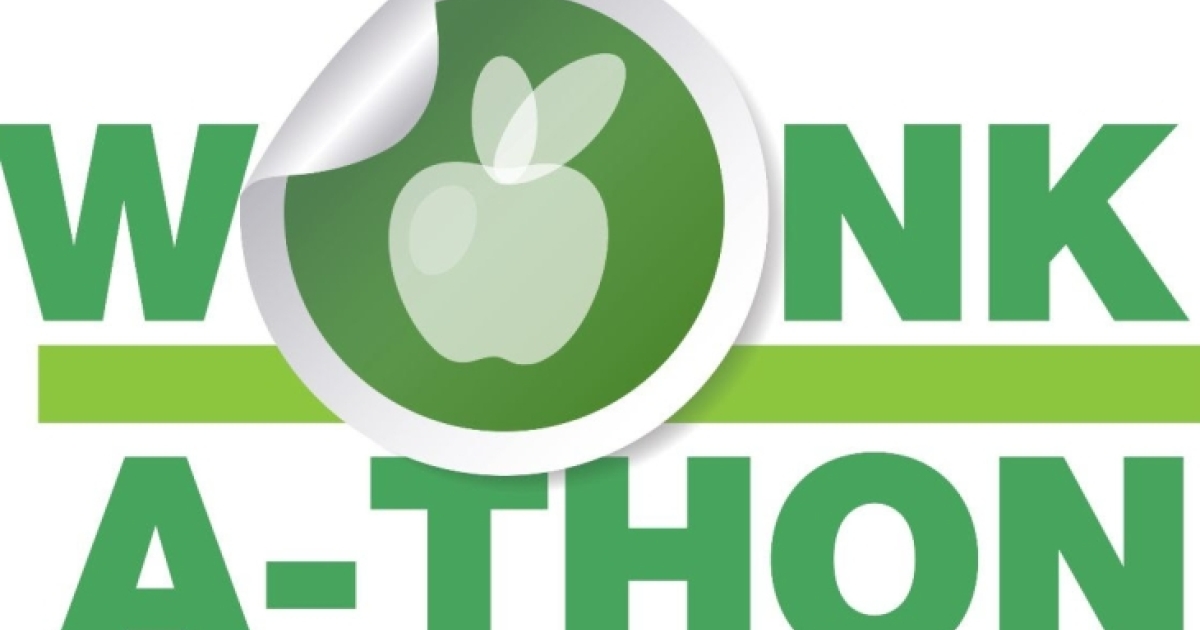ARTIFICIAL INTELLIGENCE: THE FUTURE OF SCIENCE EDUCATION
From AI-driven assessments to grading tools and virtual lab assistants, the future of science education is looking very bright thanks to AI. The combination of AI and science leads to innovation, discovery, and enhanced understanding of the world. In today’s science classrooms, AI can provide real and innovative solutions to enhance students’ learning.
CHATGPT PROVIDES INSIGHTFUL RESPONSE
When asked what AI + Science equals, the ChatGPT offered a simple and insightful response by saying “AI + Science = Innovation and Discovery”. It’s clear that the combination of AI and science can lead to some truly amazing things in the classroom.
AI-INFUSED ASSESSMENTS AND GRADING TOOLS
AI can provide tailored examples and phenomena in the science classroom to specific student contexts, making the curriculum more culturally relevant and engaging. Assessment tools can track student progress and provide engaging and interactive ways of testing students. Grading tools can support teachers and address bias in grading by ensuring that students are graded by objective standards.
SUPPORT AND SOLUTIONS IN SCIENCE EDUCATION
AI virtual lab assistants like the MSU Denver Virtual Lab Assistant and non-profit organizations like Benetech are working tirelessly to provide supports and solutions for students with visual impairments and other barriers to accessing educational materials.
THE FUTURE OF AI IN THE CLASSROOM
AI has the potential to solve many of the access and equity issues in science education, but it also presents challenges. The key to integrating AI into the classroom and mitigating the risks associated with its use is by forming a strong partnership between AI and educators.
INNOVATIVE TOOLS AND THE USES OF AI
The development of tools like AI tutors and grading tools show where we can further develop AI to fill more gaps in the science classroom. By creatively problem-solving and working with AI content, educators can expand the possibilities for students to learn and grow with the support of AI.
Do you think AI can truly revolutionize science education in K–12 classrooms? What are your thoughts on the potential uses and challenges of AI in the classroom? Comment below and let us know!
IntelliPrompt curated this article: Read the full story at the original source by clicking here a fun game: sprunki horror

